
Exciting new series on “Voice, Body and Movement for Lawyers – How to connect with the jury and find Justice Through Dramatic Technique!”
Click here to find out more
Closing argument is a great persuasive device to help you win your case. It’s the most powerful part of the trial as it comes last and has the psychological advantage of recency. In addition, it is the only part of the trial which can be used without restrictions for setting forth relationships of facts and ideas, for emphasizing certain points, and for putting the case together in argument form. Join me as I reduce closing argument to its individual parts and teach you the tools for delivering strong and persuasive closing arguments that will leave a strong impression on the jury.
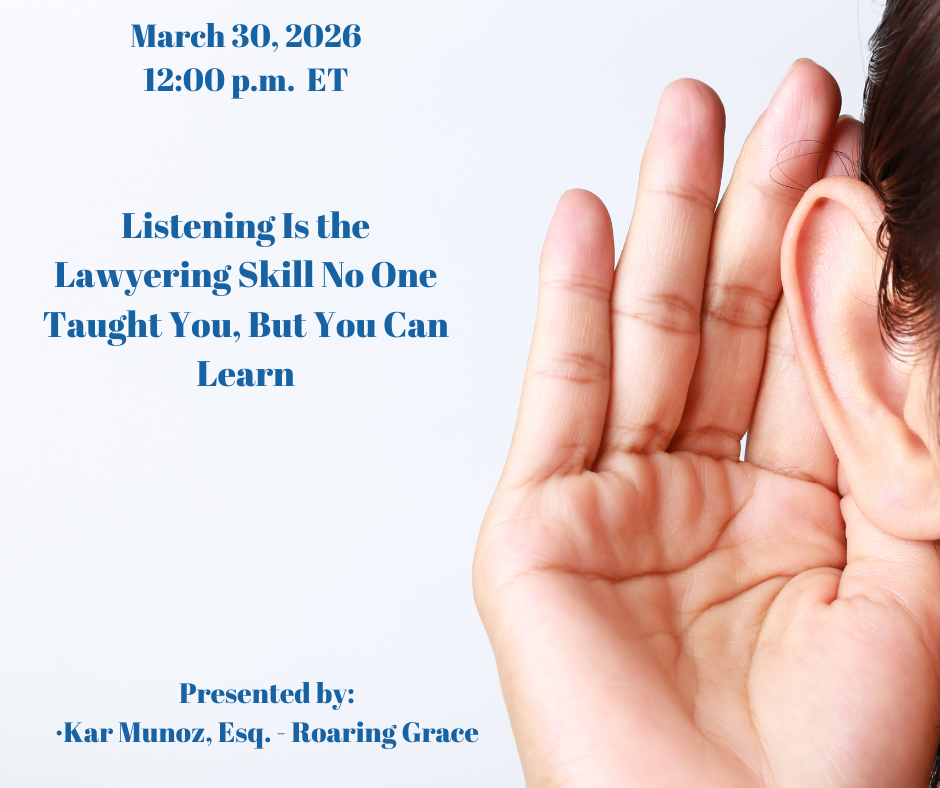
This program explores listening as a foundational yet under-taught lawyering skill that directly imp...
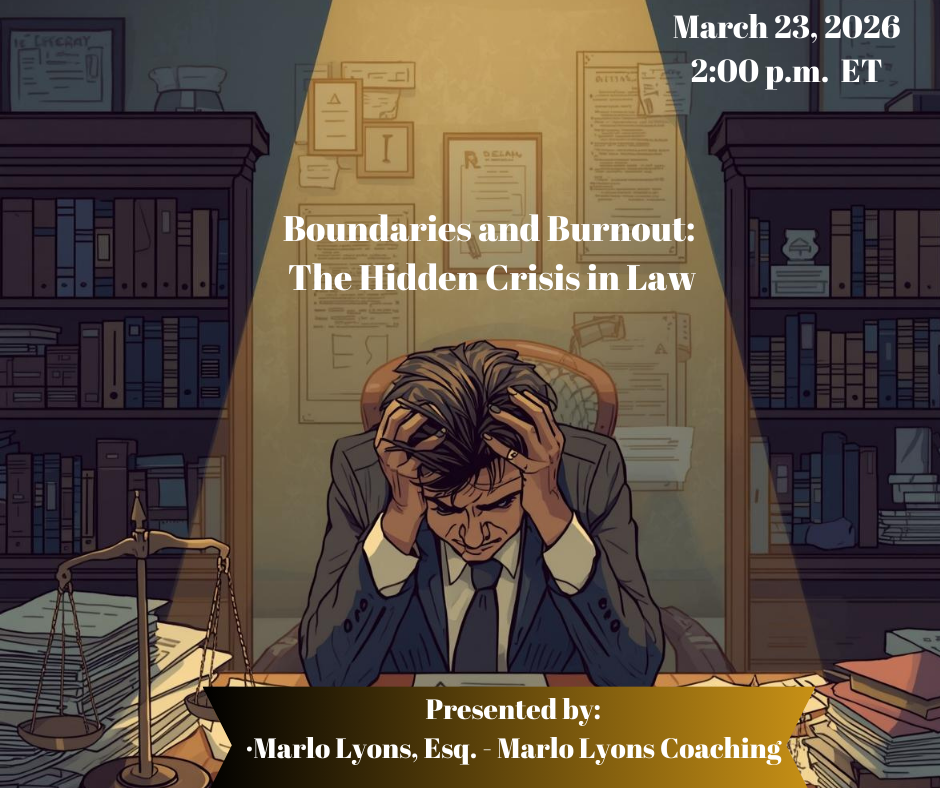
Boundaries and Burnout: The Hidden Crisis in Law is a 60-minute California MCLE Competence Credit pr...

Large World Models (LWMs)— the next generation of AI systems capable of generating...
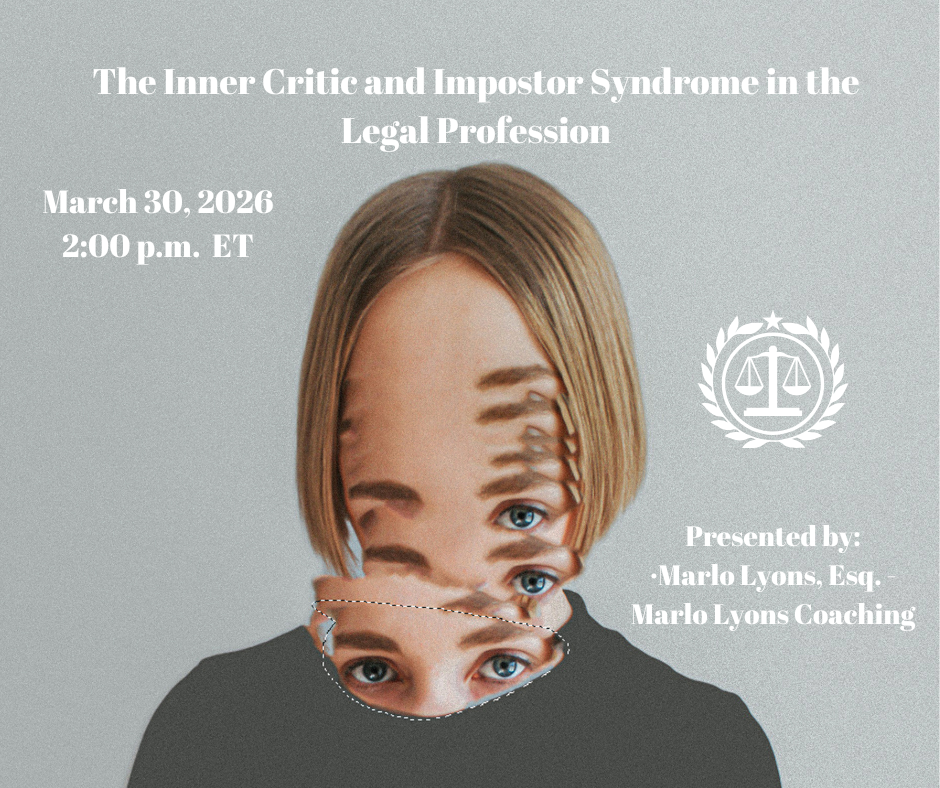
In high-stakes, high-pressure environments like the legal field, even the most accomplished professi...
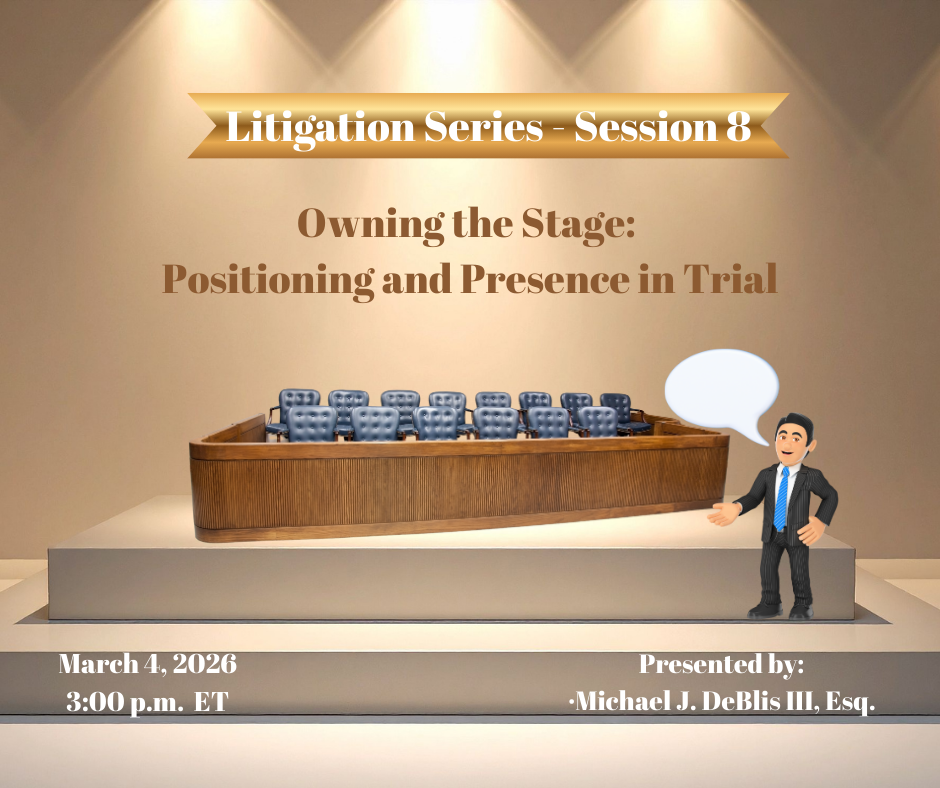
This presentation explores courtroom staging—how movement, spatial awareness, posture, and pre...
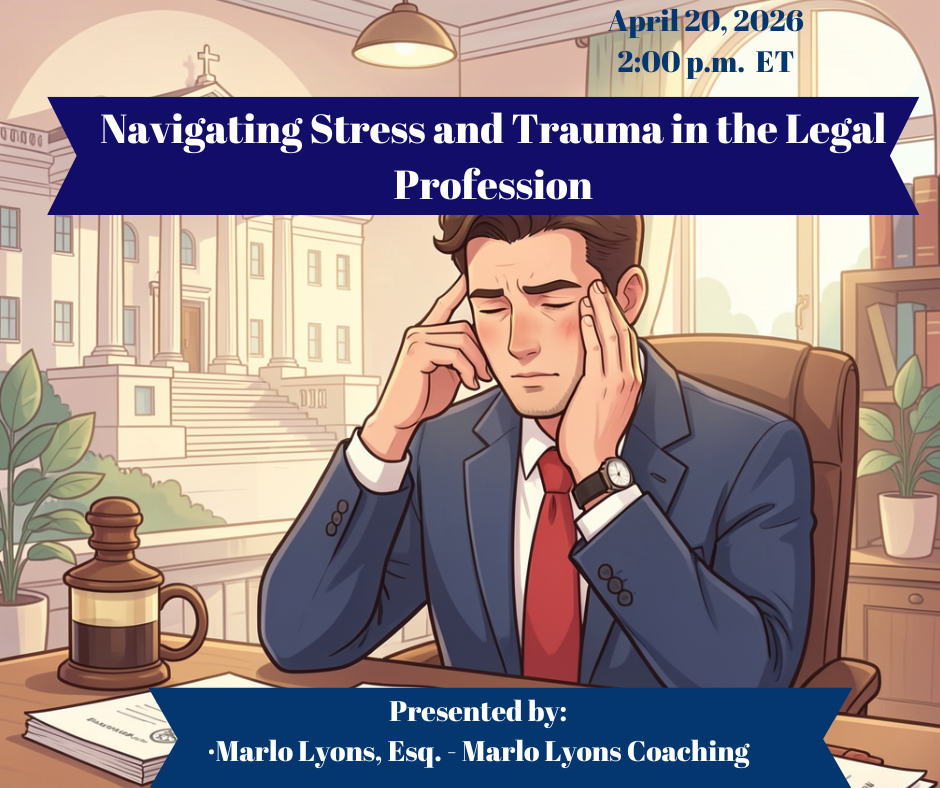
Navigating Stress and Trauma in the Legal Profession, explores the unique challenges faced by legal ...
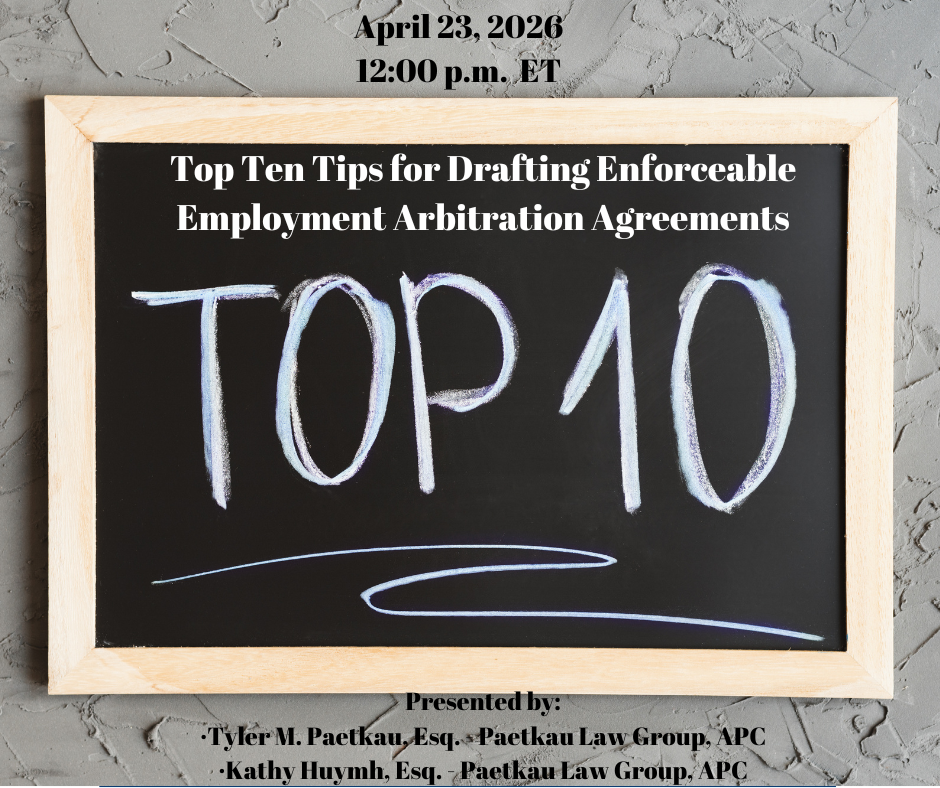
In the rapidly evolving landscape of employment law, arbitration agreements have become a cornerston...
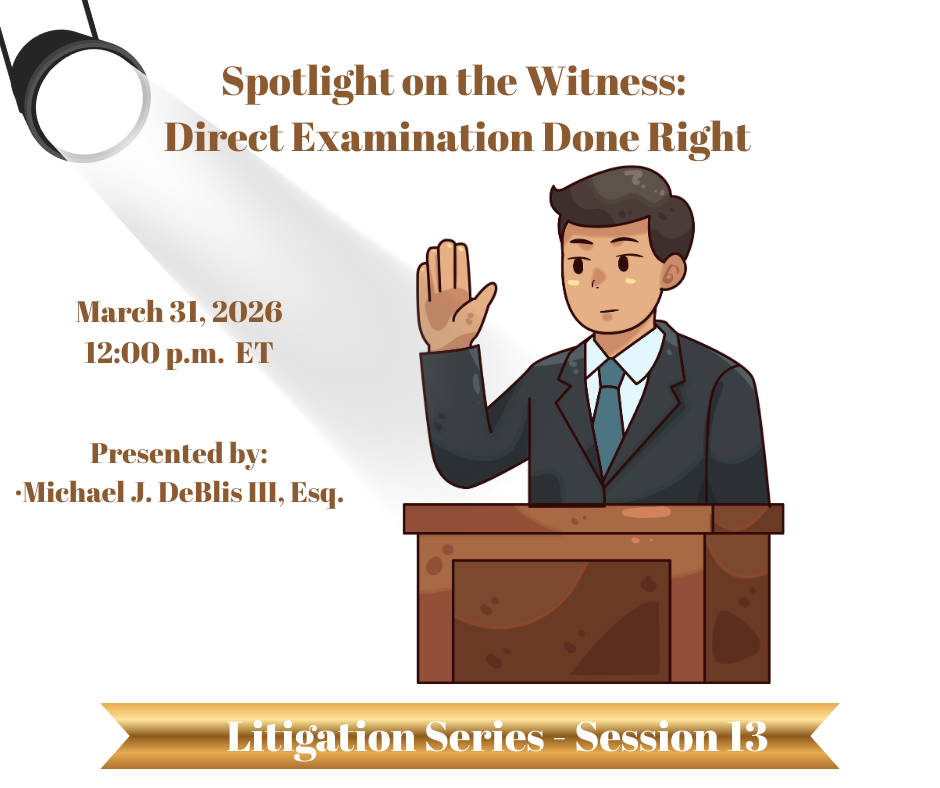
The direct examination presentation outlines how attorneys can elicit truthful, credible testimony w...
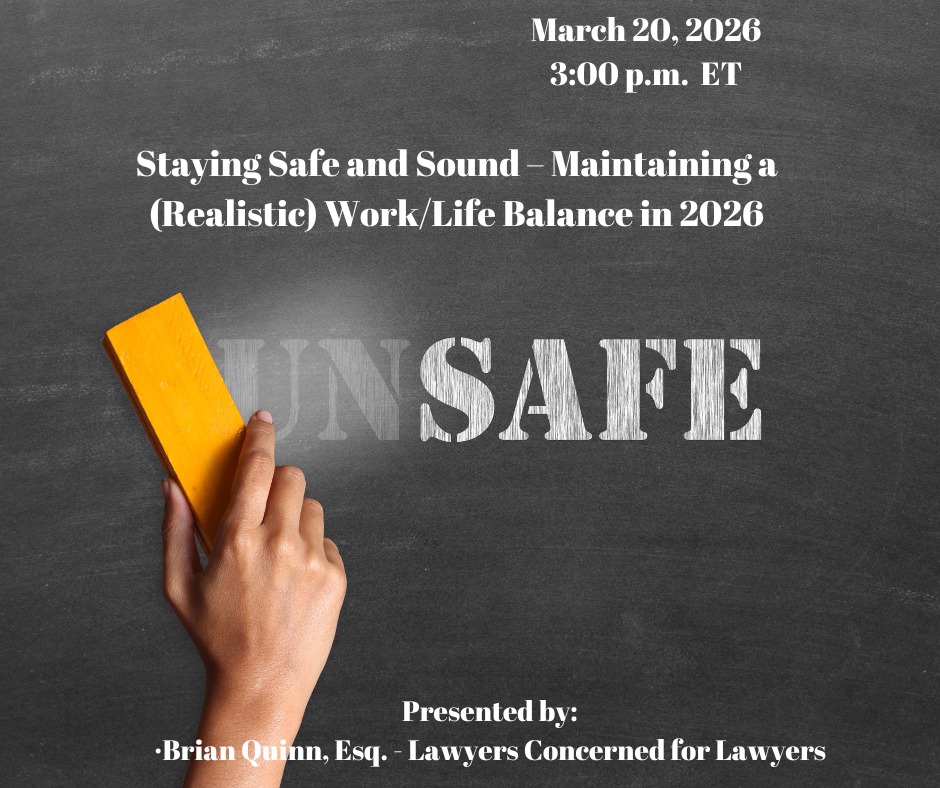
Recent studies have shown that there has been a dramatic increase in impairment due to alcoholism, a...

The landscape of global finance is undergoing a seismic shift as traditional assets migrate to the b...